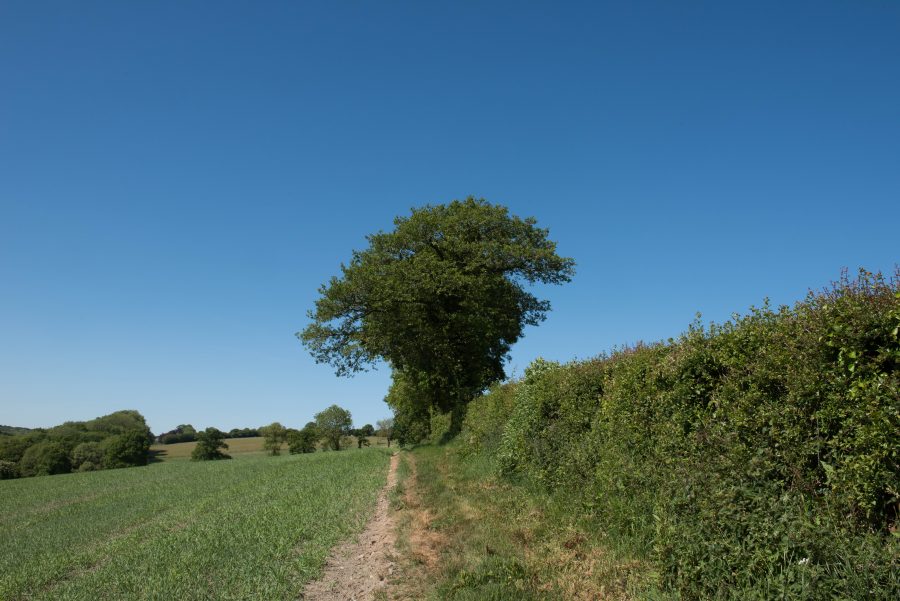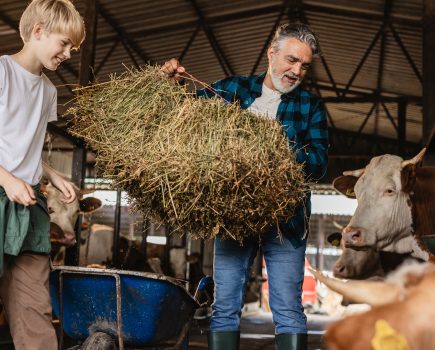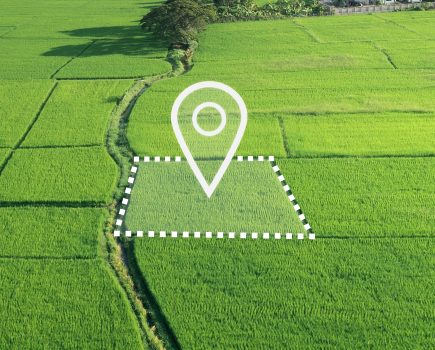Farming and other land-based businesses are particularly vulnerable to the effects of climate change. Given the nature of their business, farmers are going to be at the forefront of tackling the challenge it poses, writes Lee May, Partner at Brachers LLP.
In an effort to slow rising temperatures in the UK, the Government has adopted a policy of aiming for net zero greenhouse gas emissions for the UK by 2050.
With over 70% of the UK’s land in agricultural use, and with the sector accounting for approximately 10% of the UK’s current annual greenhouse gas emissions, farming businesses are uniquely placed to be part of the solution. The NFU has set its own target of reaching net zero emissions across the agricultural sector in England and Wales by 2040.
Meeting this objective will require changes in farming practice to reduce direct emissions. Many farmers have already embraced these changes. There are also ways to contribute by using land for low carbon energy generation such as wind and solar. This can present opportunities to generate an income through the sale or leasing of land to energy companies.
Reducing emissions is only part of the solution. In order to tackle climate change effectively, it is also necessary to find ways of removing carbon from the atmosphere. One of the initiatives directed at achieving this is the development of the market in carbon credits. This is the means by which permits evidencing the certified reduction, avoidance or removal of carbon dioxide from the atmosphere can be traded.
The trade in carbon credits is a potential business opportunity. Land owners can generate credits through activities such as planting trees or hedgerows, managing existing woodland or restoring peatland. These credits can then be sold to other businesses looking to reduce their net carbon footprint by offsetting their own greenhouse gas emissions.
The market in carbon credits is not yet fully established and is a complex area within which to operate. Before venturing into the carbon credits market, land owners should be aware of the challenges and the potential down sides.
In order to be tradable, the credit must be measured, quantified and verified to ensure that it represents a genuine reduction in carbon emissions. It will also need to demonstrate a lasting reduction in CO2, rather than simply moving the CO2 generating activity elsewhere.
There are a number of other issues to consider when looking to trade credits, which include:
- The restrictions on the management and use of the land which are required to generate the carbon credit
- The impact on the farm’s ability to reduce its own CO2 emissions
- The potential impact on Environmental Land Management schemes
- Whether or not the farmer has the necessary rights over the land to enter into the agreement
- Whether or not planning permission is required to undertake the activity which will lock up the CO2
- The time and costs associated with establishing the relevant verification
- The tax implications.
The UK farming sector has a proud track record of rising to whatever challenge is put before it. If the complexities regarding the trade in carbon credits can be overcome, there is potential income to be generated while also contributing to the fight against climate change.







